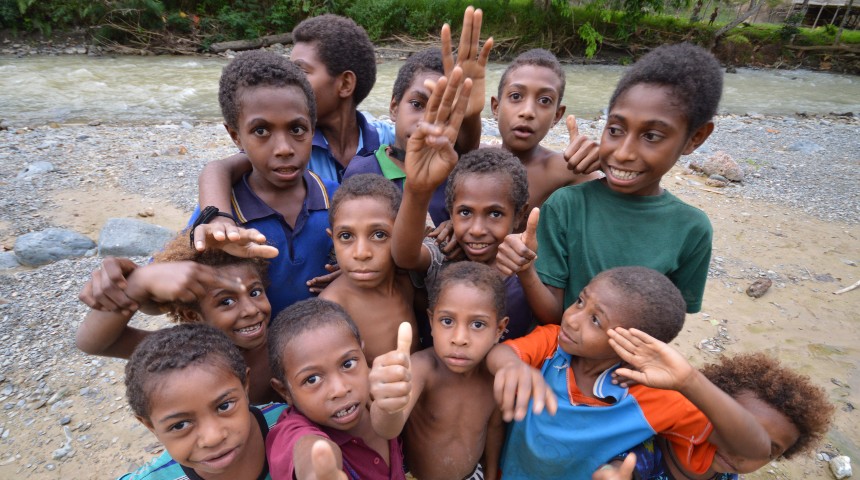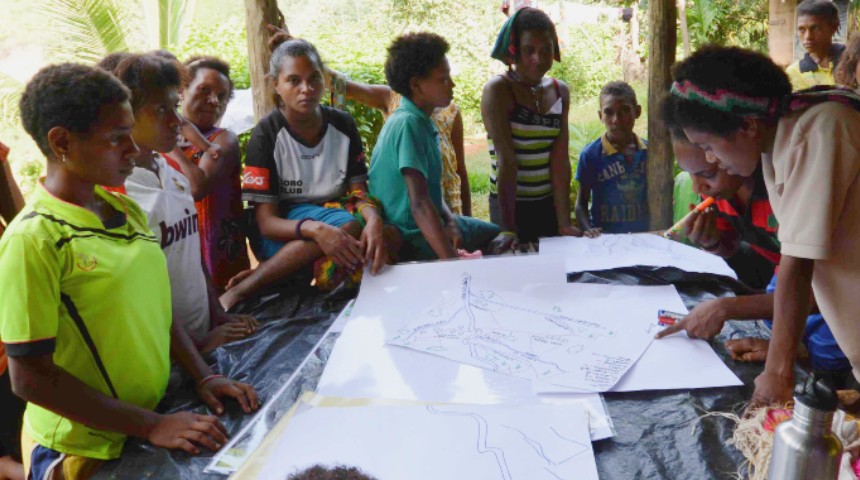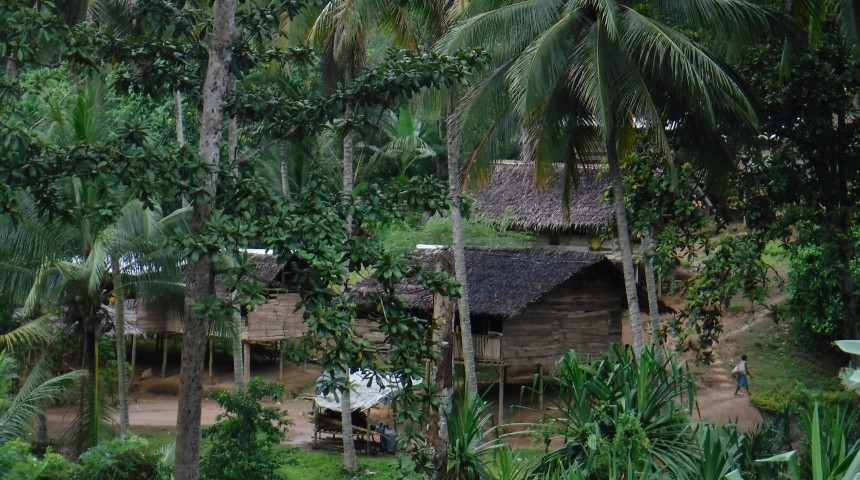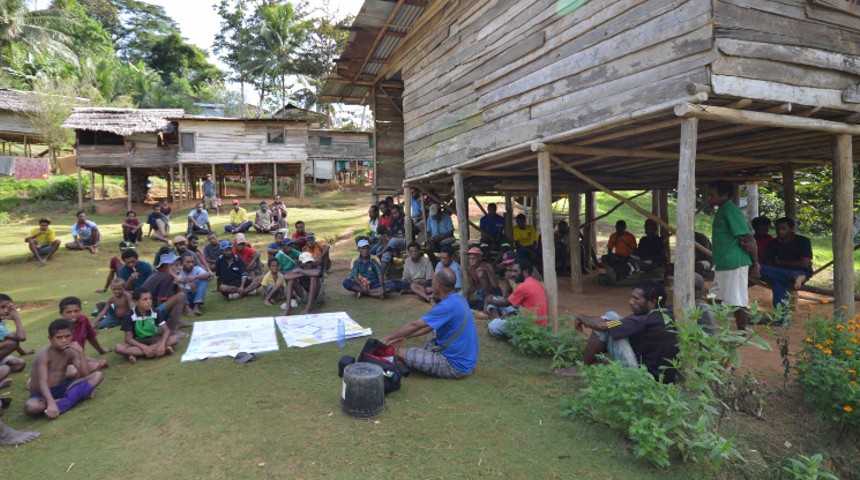
Australia is one of the most multicultural countries in the world.
The traditional owners have occupied the land for at least 65,000 years, speaking different languages and passing down their group's individual traditions and culture. Now, Australia is home to 26 million people with approximately 300 ancestries amongst them, all identifying with distinct customs, languages and beliefs from around the world.
Harmony Week celebrates multiculturalism and advocates for inclusivity, respect and belonging. It is important to create a positive future by empowering others to make changes within their own community.
Dr Charles Roche, Honorary Research Associate and tutor in International Aid and Development, said Harmony Week encourages us to celebrate our diverse experiences and cultures to continue moving forward as a united society.
“I’ve been working with communities for twenty years, particularly around mining and the impacts it has on the local peoples,” said Dr Roche.

Dr Roche’s motivation to create positive change grew over the many years he spent engaging with local environmental groups. He developed an understanding of the challenges faced by Indigenous people due to the mining development issues in the Tuart Forest at Busselton and the McArthur River mine in the Northern Territory.
“These experiences and lessons lead me to join the Mineral Policy Institute in 2009, a civil society organisation that works on mineral justice issues around the world but has a long and ongoing focus on mining in Papua New Guinea (PNG),” he said.

During this time, Charles became frustrated as he witnessed, heard and read about repeated injustices and the terrible multi-generational impacts of industrial mining in PNG.
“I knew that traditional approaches to overcoming development injustices rarely delivered the magnitude of change required and that the same drivers of the same injustices kept repeating, with little regard for those impacted,” Dr Roche said.
Harmony Week is about making those changes to acknowledge, include and respect everyone and to rectify the injustices and impacts within our community.” Dr Charles Roche
What is International Aid and Development?
International Aid and Development can come in many forms, including money, medicine, food, education, disaster relief and recovery, helping communities develop a better future and much more.
“Students look at how to empower people with the skills and resources to make a difference through what’s known as the participatory development practice,” said Mr Johnstone.

“We provide students with the opportunity to undertake volunteering projects which are counted as academic credit and participate in real-world projects through internships with local and international organisations.”
Mr Johnstone said that International Aid and Development aims to provide people with the chance to implement Harmony Week, every week of the year.
You can make a positive change by empowering others to create more inclusive, respectful and encouraging communities every day.” Mr Allan Johnstone